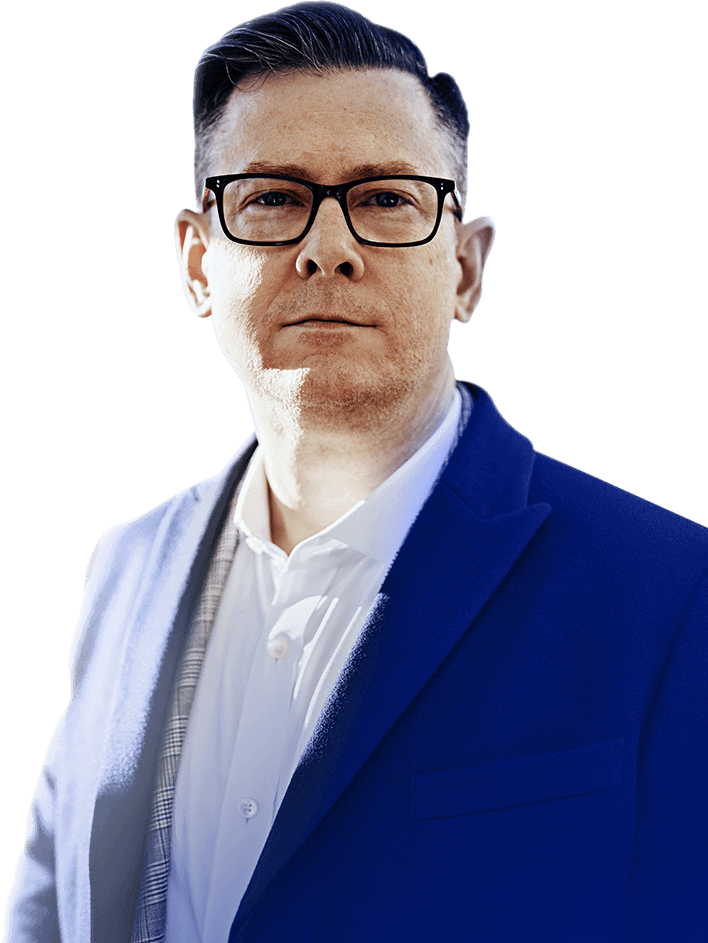Až 1.000.000 Kč okamžitá záloha do 24hod.
Nabízíme nezávazné posouzení případu a online ocenění ZDARMA
Výkup Nemovitostí
Výkup bytů, domů, chalup a pozemků za hotové.
Online odhad ceny nemovitosti ZDARMA.
Kompletní právní servis pro výkup nemovitostí zdarma.
Řešíme výkup nemovitostí v exekuci nebo zatížené dluhy.
Vše jsme schopni efektivně řešit, v rámci celé ČR.
John Daniels


Výkup nemovitostí za hotové
Nemovitost vykoupíme do 2. dne za hotové.
Výkup nemovitostí v exekuci nebo zatížené dluhy, vše jsme schopni efektivně řešit. Poskytujeme poradenství pro výkup nemovitostí a nemovitosti v exekuci. Vykoupíme nemovitost po celé ČR a SR.
Okamžitá záloha až 1.000.000 Kč do 24hod.
Právní servis zajistíme kompletní právní servis. Poskytujeme poradenství pro výkup nemovitostí a nemovitosti v exekuci.
Odhad ceny nemovitosti online odhad ceny nemovitosti ZDARMA. Online zjistíte cenu bytu, domu nebo pozemku.
Vykoupených nemovitostí
v ČR a SR
Výkup nemovitostí za hotové
Výkup bytů, domů, chalup a pozemků za hotové. Online odhad ceny nemovitosti ZDARMA.
Kompletní právní servis pro výkup nemovitostí zdarma. Řešíme výkup nemovitostí v exekuci nebo zatížené dluhy. Vše jsme schopni efektivně řešit, v rámci celé ČR. Poskytneme okamžitou zálohu až 1.000.000 Kč do 24hod.
Nabízíme nezávazné posouzení případu a online ocenění ZDARMA.
Kompletní právní servis ZDARMA
Poskytujeme poradenství pro výkup nemovitostí a nemovitosti v exekuci. Vykoupíme nemovitost po celé ČR. Výkup nemovitostí v exekuci nebo zatížené dluhy, vše jsme schopni efektivně řešit.
Poradenství pro realitní investory
Investujte chytře do nemovitostí. Disponujeme neveřejnou databází nemovitostí a developerských projektů k investici či odkoupení. V případě zájmu zanechte kontakt a náš specialista vás kontaktuje do 24 hod.
Služby a
Poradenství
Výkup nemovitostí za hotové
Nabízíme nezávazné posouzení případu a okamžitou zálohu až 1.000.000 Kč do 24hod.
Odhad ceny nemovitostí
Online ocenění ceny nemovitosti ZDARMA. Nezávazná nabídka.
Právní servis ZDARMA
Kompletní právní servis pro výkup nemovitostí zdarma. Řešíme výkup nemovitostí v exekuci nebo zatížené dluhy. Vše jsme schopni efektivně řešit, v rámci celé ČR.
Okamžitá záloha až 1.000.000 Kč
Poskytneme okamžitou zálohu až 1.000.000 Kč do 24hod.
Poradentsví pro realitní investory
Investujte chytře do nemovitostí. Disponujeme neveřejnou databází nemovitostí a developerských projektů k investici či odkoupení.
Chytrý výkup nemovitostí
Poradentsví pro realitní investory
disponujeme kompletni know-how
Investujte chytře do nemovitostí. Disponujeme neveřejnou databází nemovitostí a developerských projektů k investici či odkoupení.
V případě zájmu zanechte kontakt a náš specialista vás kontaktuje do 24 hod.

z 5 *****
- Yelp Reviews
Hodnocení klientů
Best real estate consultant ever
Lorem ipsum dolor sit amet, consectetur adipiscing elit. Ut elit tellus, luctus nec mattis, pulvinar dapibus leo dolor sit amet.
Gianna Irvin
Working with hank was our smartest decision
Lorem ipsum dolor sit amet, consectetur adipiscing elit. Ut elit tellus, luctus nec mattis, pulvinar dapibus leo dolor sit amet.
John Oliver
Working with a real estate consultant turned out to be very profitable for us
Lorem ipsum dolor sit amet, consectetur adipiscing elit. Ut elit tellus, luctus nec mattis, pulvinar dapibus leo dolor sit amet.

